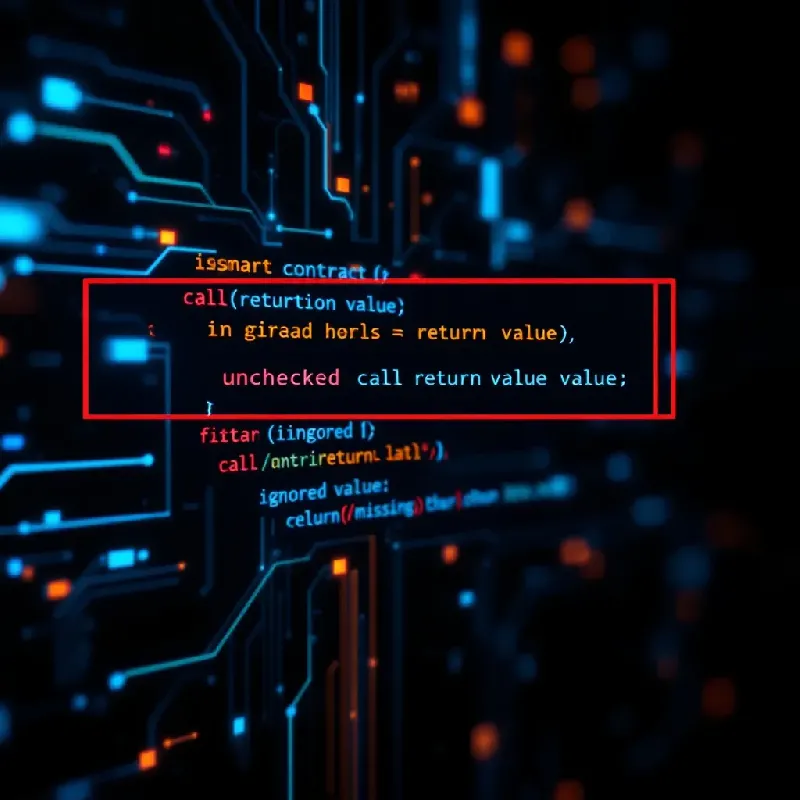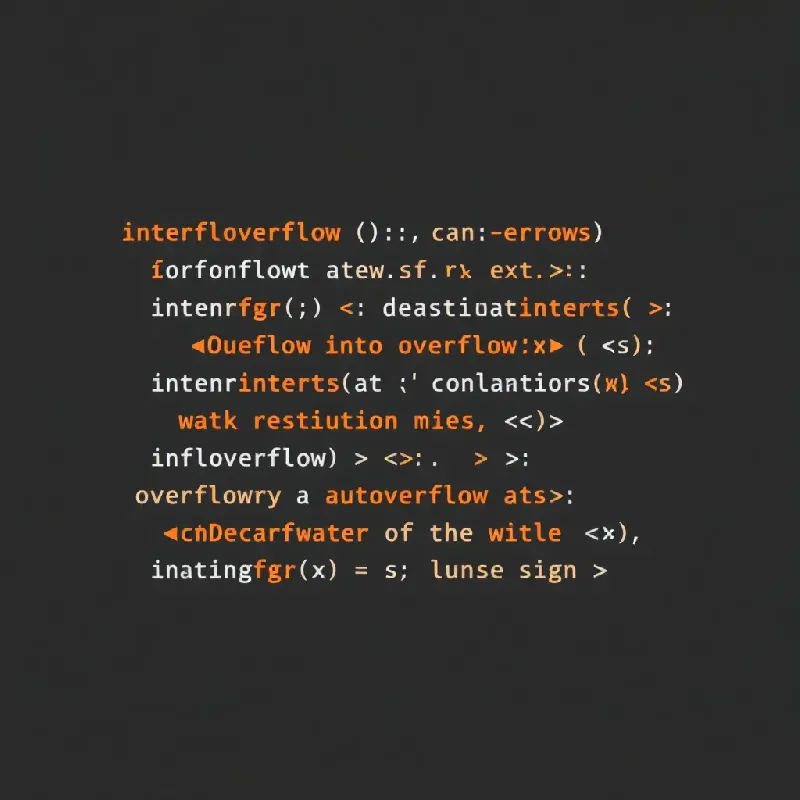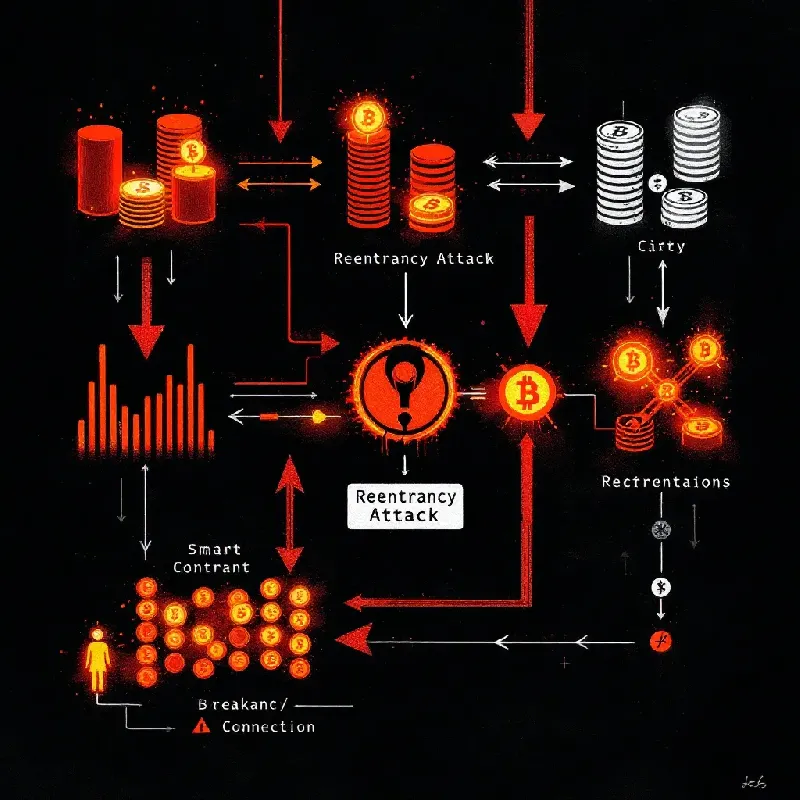منابع ضعیف تصادفی Weak Sources of Randomness from Chain Attributes در بلاکچین؛ چالشها و راهکارها

توانایی تولید اعداد تصادفی در انواع مختلفی از برنامهها بسیار مفید است. یک مثال واضح، DAppهای شرطبندی هستند که در آنها از مولد اعداد شبهتصادفی برای انتخاب برنده استفاده میشود. با این حال، ایجاد منبع تصادفی قوی در اتریوم بسیار چالشبرانگیز است



